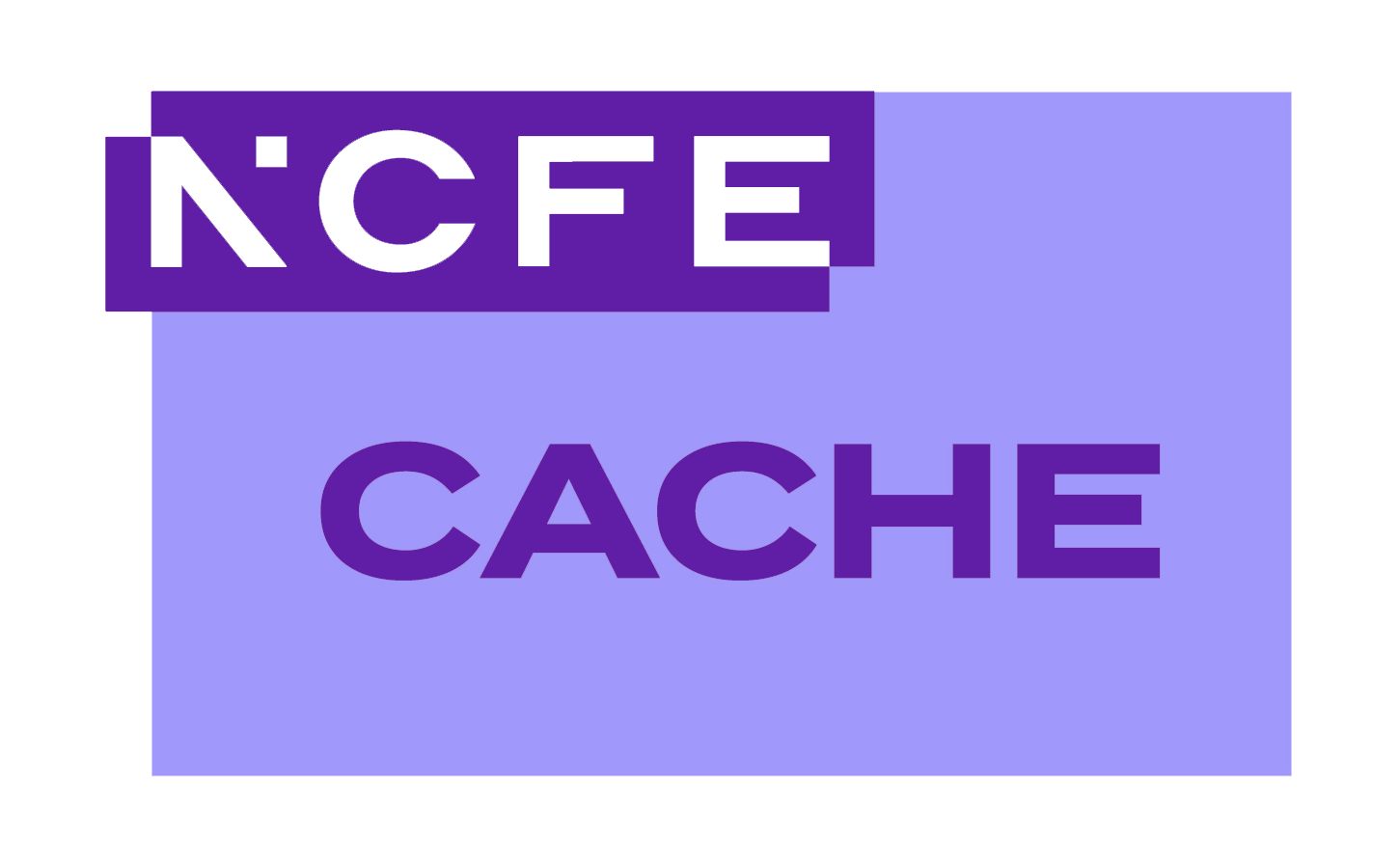If you’re a natural listener and have a passion for helping others, then exploring a career as a counsellor may be the route for you.
What does a counsellor do?
As a counsellor, your job will be to actively listen to clients and help them identify problems in their lives. By offering them a shoulder, your ear, and your time, the empathy and respect you display will enable them to recognise potential issues and develop strategies for coping with and overcoming these challenges.
In other words, you will provide them with the coping mechanisms and skills to make a positive change in their lives.
What will you cover in your sessions?
With the right training and qualifications, counsellors can assist clients with a range of issues. For instance, you could specialise and cover all or some of the following in your sessions:
- Divorce or relationship issues – From mediating relationship breakdowns to supplying couples counselling; counsellors can help couples speak through their problems and identify obstructions that are damaging their relationships. In addition, they can provide the sounding board couples need in their quest to find a resolution.
- Illness – From dealing with their personal health issues to helping others overcome the news of an illness among their friends and loved ones; counsellors can help them find the right coping mechanisms for their situation.
- Bereavement – The loss of a friend or loved one can have a profound effect on individuals. Counsellors can assist patients manage their feelings, whilst providing them with an empathic environment in which to speak.
- Unemployment/job uncertainty – The stress of losing a job can create feelings of anxiety and worry. Counsellors can provide patients with the skills to move past these negative emotions and make positive changes i.e. apply for a new job or pass an interview.
- General anxiety – Work, family, life… all have the potential to create unwanted fears and worries. Counselling can help patients manage their anxiety, recognise their triggers, and enable them to overcome these challenges.
How to be a successful counsellor
The key to being a great counsellor is having the ability to provide your clients with a safe and confidential environment where they can explore their thoughts, feelings, values, and beliefs without judgment. Instead, you will remain supportive, impartial, and non-judgmental so they can find answers on their terms.
Despite existing preconceptions, counsellors don’t give advice. In truth, your job is to:
- Build a relationship of trust and respect where they feel comfortable enough to express their concerns/fears/anxieties.
- Agree in advance a counselling contract so you both know what you will cover during these sessions e.g. couples counselling or substance abuse.
- Encourage your clients discuss issues that they normally feel they can’t share.
- Actively listen to their concerns, providing empathy and sympathy without bias.
- Help clients attain a deeper understanding of their issues so they can move towards a positive resolution.
- Help support clients make decisions and choices that will enable them to move forward and improve their lives.
- Refer clients to other avenues of support (when necessary).
- Attend supervision and training sessions so you continue to advance your training and knowledge in this field.
- Liaise with other agencies and individuals e.g. GP’s, hospitals, and community mental health teams, to ensure clients receive the appropriate level of support (depending on their situation).
- Perform group and individual therapy sessions.
- Keep detailed records of your meetings.
In other words, you will act as a shoulder, a sounding board, and a guiding light.
What characteristics make a good counsellor?
There is more to being a counsellor than being a good listener. In truth, good counsellors should possess the following six character traits:
- Great interpersonal skills – It is important that you can express yourself clearly and effectively, whilst being able to gauge a client’s thoughts and feelings. In addition, you need to be relatable, warm, accepting, and empathic, whilst being in a strong position to enlighten them about therapeutic topics.
- Trustworthy – Studies have shown that people can determine if someone is trustworthy within 50 milliseconds. For counsellors, it is essential that you achieve this kind of reaction, so clients feel comfortable sharing private and confidential information, as well as parts of themselves. This can be done in several ways, both physically and verbally.
- Flexible – Good counsellors can create meaningful treatment plans that are tailored to the needs of each of their clients. They don’t adhere to a one treatment fits all mentality, but can recognise the individuality of each of their clients and adapt their approaches as they go along.
- Hope and optimism – Great counsellors can provide their clients with the right balance of hope and realism so that they become motivated and engaged. They can achieve this by setting realistic and attainable goals that will gradually build their confidence and leave them feeling resilient.
- Multicultural sensitivity – Aside from being adaptable, good counsellors need to take into account their client’s cultural values and be respectful of their differences, beliefs, and attitudes. They can do this by ensuring that they are sensitive to their race, gender, ethnicity, sexual orientation, religion, and cultural background.
- Self-awareness – It is vital as a counsellor that you can separate your personal issues from your clients’, and that you don’t let them evoke an emotional reaction in yourself. The key to achieving this is being able to identify and manage how you respond to your issues, so that you are less likely to react to a client’s. In turn, you will need to be self-aware enough to recognise how much information should be disclosed to a client, so you don’t tell them too much or too little. At the same time, you should be able to successfully maintain professional boundaries and read others easily.
How much can you earn as a counsellor?
Most counsellors work a 9 am-5 pm daily, however, you may be expected to work some evenings and weekends to make yourself more accessible to your clients. Because of this, salaries can be incredibly varied, especially when you factor in the breadth of specialisms counsellors can undertake. On average you can expect to receive the following:
- Starting salary – £20,000 to £26,000
- Experienced counsellors – £30,000 to £40,000
- Working in the NHS – counsellors jobs within this niche usually fall into Bands 5, 6, or 7 depending on your qualifications. The higher the band, the more you will earn.
- Private practice work – there is no standard scale so rates can range from £40 to £80 for a 50-minute session. As you imagine, the more sessions you do, the greater your income will be.
Where can you work?
Whilst the majority of counselling is done face-to-face, as a counsellor you can also provide telephone and online counselling. On top of this, you will have an opportunity to work in hospitals, GP surgeries, schools, colleges, universities, charities and in the workplace e.g. office environments or within HR.
What qualifications do you need to become a counsellor?
Technically no compulsory training is required to be a counsellor, however, most employers will expect you to have professional training and to be registered with a relevant professional body.
That being said, the British Association for Counselling and Psychotherapy recommends that you complete the following three-stage training route before you begin practicing:
- Introduction to counselling – This course, which is easily accessible as an online course, is designed to supply you with basic counselling skills, as well as give you an overview of training before you commit to a full online counselling course. This introductory course typically lasts 8-12 weeks.
- Certificate in counselling skills – This course aims to give you a deeper theoretical understanding of counselling and how it works. In addition, you will be able to develop your counselling skills and acquire the preparation you need for the next stage of your training. The online course usually lasts one year (part-time) but can also be undertaken within a college environment.
- Core practitioner training – This final course will equip you with the skills, knowledge, and resources you need to work as a counsellor. On the scale of things, this course will give you a minimum training level of a Level 4 Diploma. However, it can be used as a stepping stone to progressing onto an undergraduate or postgraduate degree. NOTE: This course should last at least one year (full-time) or two years (part-time). You will also need a minimum of 100 hours of supervised placements under your belt.
How to pick the right counselling course
College, university, private training, or an online course… as long as your course has been approved/accredited by a professional body such as BACP, National Counselling Society, or UK Council for Psychotherapy, you can feel confident that you’ll be able to get a job as a counsellor as you’ll be able to join a professional register of practitioners.
Online counselling courses
Should you decide to take the online learning route, there are many kinds of courses available.
Popular online counselling qualifications
- Introduction to Counselling Level 2
- Counselling Diploma Level 3
- Counselling Advanced Diploma Level 4
- Counselling and CBT Diploma Level 4
- Counselling Children and Adolescents Level 4
- Counselling and Mindfulness Bundle Level 3
- Addiction Counselling Level 3
Additional online courses
You can even explore qualifications in social care and meditation – anything that can help to expand your treatment plans and ensure you always offer your clients a sympathetic ear.
What skills do you need to be a counsellor?
If you still can’t decide whether counselling is the right fit for you, take a look at the following list of skills. You will need to be able to demonstrate these skills in the workplace should you become a counsellor.
You will need to be:
- Self-aware, sensitive, and empathic
- Observant and a great listener
- Open-minded, non-judgmental, and respectful
- Aware of your own attitudes, limitations, and responses
- Able to work under pressure
- A great communicator with strong presentation skills
- Able to establish a rapport with clients from all backgrounds
- Able to gain their trust
- Organised and able to manage time effectively
- Understanding of the need for confidentiality
- Resilient and have personal integrity
- Energetic, positive and have a good sense of humour
- Aware of equality and diversity issues.
Do you need work experience?
Shadowing, volunteering, or working in a helping profession e.g. as a nurse, social worker, teacher, etc. will all be beneficial if you want to become a counsellor as they will give you a stronger understanding of what to expect in the field.
Top Employers
Common places to find counselling vacancies include:
- Schools, colleges, universities, and higher education colleges
- Statutory and voluntary sectors (these regularly help individuals coping with substance abuse, eating disorders, sexual assault, domestic violence, mental health, adoption, bereavement, family relationships, and homelessness)
- Health sector e.g. hospitals, genetics, general practices, community healthcare, mental and occupational health
- Youth services and agencies
- Children’s centres
- Citizens Advice Services
- HR
- General counselling services
- Specialised helplines
- Churches and other faith-based organisations
- Your private practice
Due to the level of competition for these jobs, most are part-time or are combined with other duties to make them full-time.
Conclusion
Becoming a counsellor can be an incredibly rewarding experience. However, before you venture down this career path, it is vital that you first assess whether you have the right character traits to pursue this role. Only once you are 100% confident that it is right for you, should you enrol on an online course and commit yourself to these studies.
To find out more about the range of online counselling courses out there, visit our website.
Frequently asked questions
This is a question that our team are often asked, there are many reasons but here are the main reasons to choose Association of Learning:
- No hidden charges, the price you see includes everything, from tutoring to certification.
- Our average tutor marking time is 3 working days (most providers are 10+).
- Our customers have rated us ‘Excellent’ on Trustpilot.
- Our courses are up to date. Many providers create course content and fail to keep it up to date.
- We are open later than any other home learning provider.
- As many submissions as you need to complete, many providers cap how many times you can submit work.
- All courses are fully endorsed by external awarding organisations.
- 14 day money back guarantee or course switch.
If you need any more reasons to choose Association of Learning, contact our team!
You have 12 months to complete your course, however you can complete at a faster pace without any additional costs. Some of our students have managed to complete in as little as 3 months!
There are two payment options, pay in full for your course or monthly. Our monthly payment option allows you to spread the cost of your course over a 10 month period.
If you choose to pay using a payment plan, to apply you must be able to answer yes to the following:
- Your billing address is based in the UK
- You have a UK based bank account
- Bill payer must be 18 or above.
No, this course is assignment based, which means you will not have to complete any exams. If your assignment doesn’t pass first time, you can retry as many times as you need within your 12 months support period.
No, all of our courses are distance learning which means your tutor will mark your work and send it back to you via email or by using our online portal.
Unlike other providers, Association of Learning use a fast-track system to get your certificate to you within six weeks (our average is two weeks).
This is a government-regulated qualification, with certification provided by an Ofqual-regulated awarding body.












